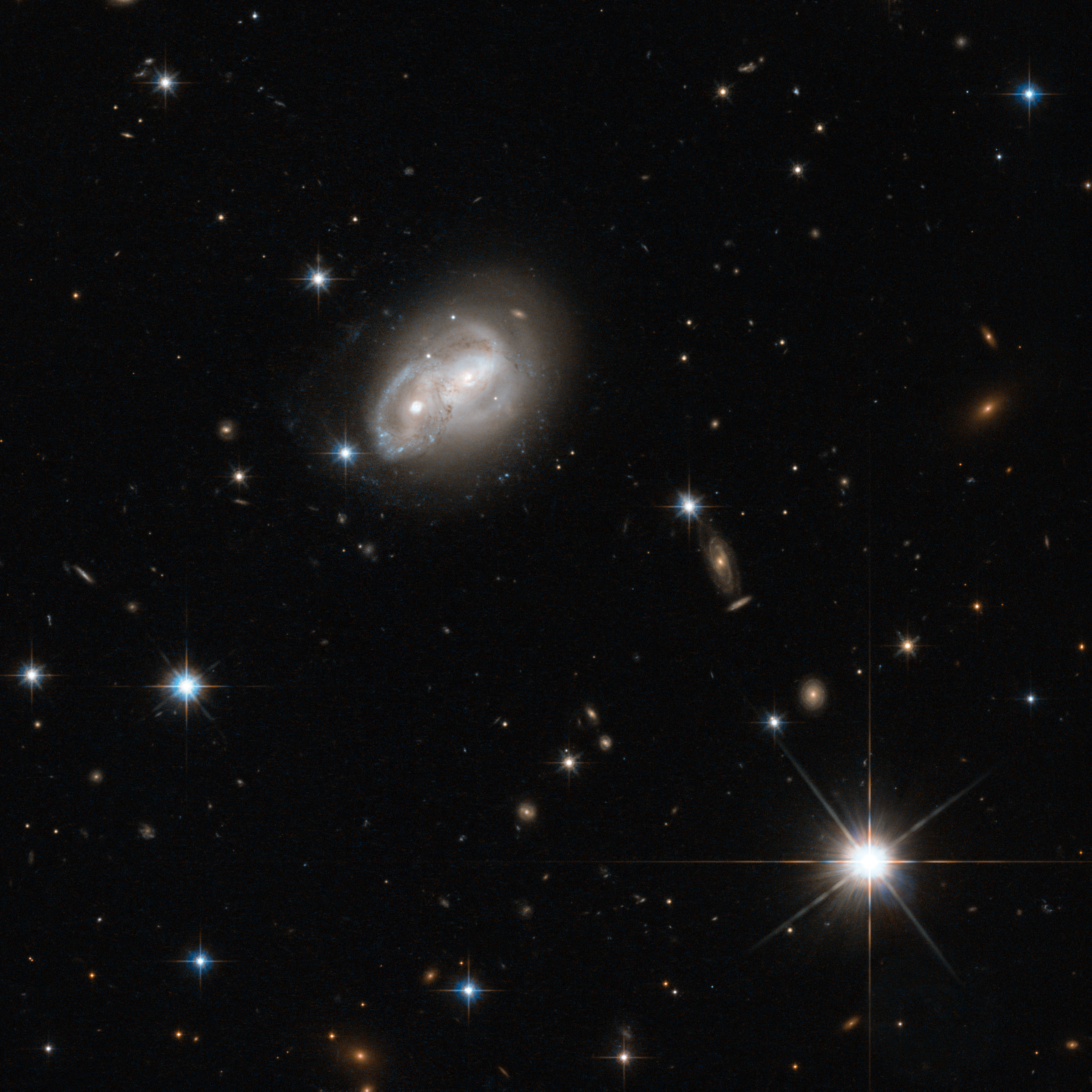Revolutionary Study Challenges Existence of Dark Energy, Proposes New Cosmological Model

In a groundbreaking advancement in cosmology, a recent study published in the Monthly Notices of the Royal Astronomical Society introduces a profound challenge to the established understanding of the universe's expansion, questioning the necessity of dark energy. This research delves into the intricacies of timescape cosmology, offering a novel interpretation that could redefine our grasp of cosmic acceleration without relying on the controversial concept of dark energy.
The late 20th century's discovery of the accelerating universe, primarily through observations of Type Ia supernovae, solidified the ΛCDM model, which posits dark energy as a pivotal force driving cosmic expansion. However, discrepancies between this model's predictions and new empirical data have sparked intense debate and reevaluation. Enter timescape cosmology, a theory that has been maturing over the past two decades, challenging conventional metrics of space and time and suggesting that variations in the kinetic energy of expansion could account for what has been attributed to dark energy.
According to Professor David Wiltshire, a leading figure in timescape cosmology, this model leverages general relativity's principles but questions its foundational assumptions. The study highlights how differences in time calibration across various cosmic structures might create the illusion of an accelerating universe, thereby negating the need for dark energy. This assertion is supported by the Pantheon+ catalogue, a comprehensive dataset comprising 1,535 supernova events that facilitate a direct comparison between the ΛCDM and timescape models.
The implications of this research are vast, extending beyond theoretical physics to challenge current astronomical observations and methodologies. Instruments like the Dark Energy Spectroscopic Instrument (DESI) and the upcoming data from the European Space Agency’s Euclid satellite are expected to provide further empirical evidence to test these competing cosmological models.
Should timescape cosmology's predictions align more closely with observational data than the ΛCDM model, this could herald a significant paradigm shift in our understanding of the universe. Such a development would not only resolve the longstanding Hubble tension but also eliminate the conceptual need for dark energy, thus offering a more nuanced interpretation of cosmic expansion.
This study underscores the importance of continually questioning and testing the foundations of cosmological theory. As the debate between the timescape and ΛCDM models unfolds, the scientific community stands on the brink of potentially redefining the fundamental principles that govern our understanding of the cosmos.
Advertisement
Tags
Advertisement





